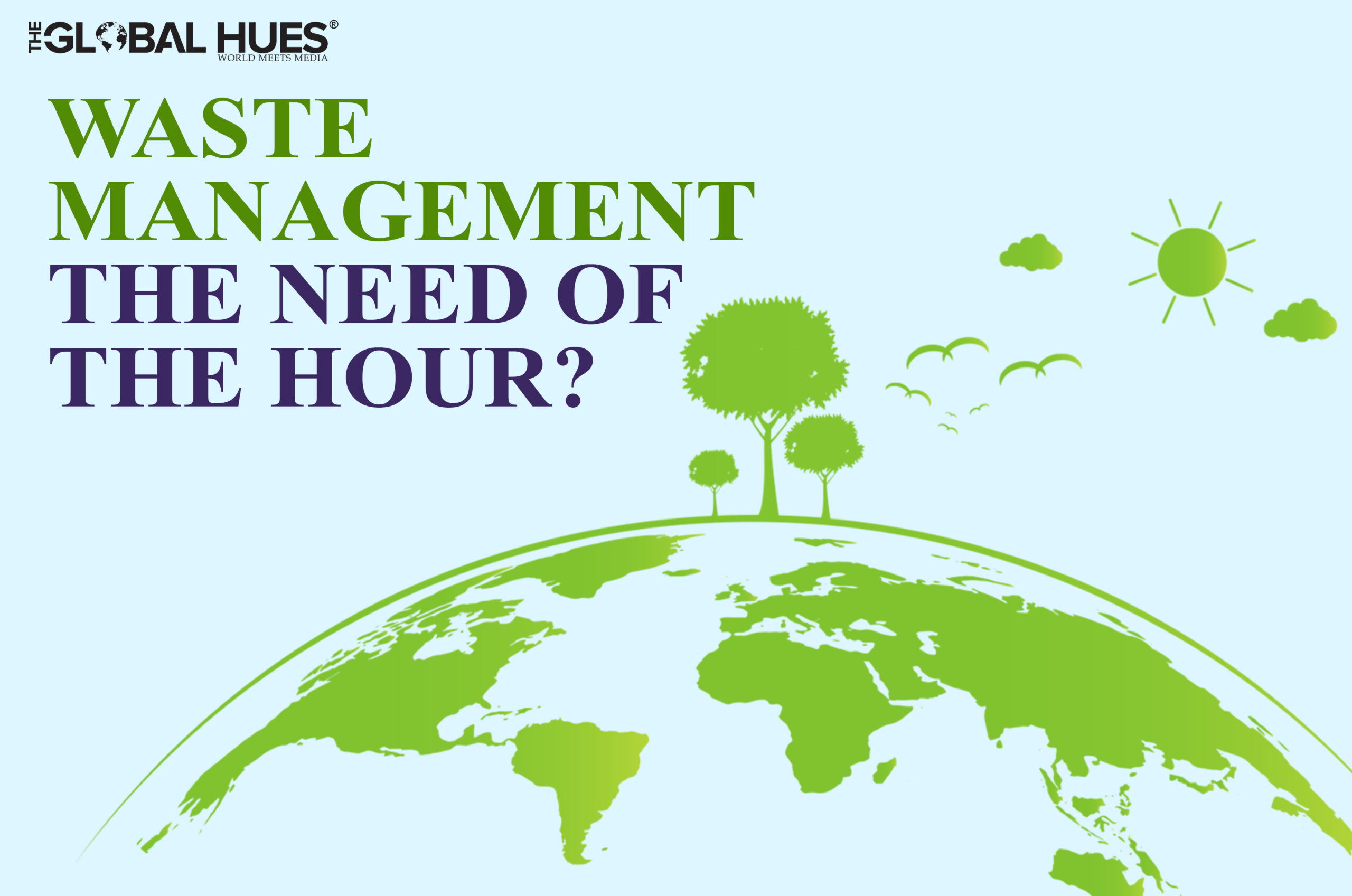Do you know that the average Americans produce almost eight times more municipal solid waste than the average Indians?
But still, the west looks clean and shiny, and on the other side, Indian streets look dirty. The main reason is even a villager in the US knows how to segregate the waste. Also, western countries have advanced technology and machinery for waste management.
In India, waste management rules are based on the principles of sustainable development, precautionary and polluter pays. These principles mandate municipalities and commercial establishments to work in environmentally accountable and responsible ways, maintaining a balance, if their actions disrupt it. The production of waste is increasing as a by-product of economic growth that has led to a different subordinate manner of disposal and dealing with waste under the umbrella law of Environment Protection Act, 1986.
An urban Indian generates over 62 million tons of waste every year. And, it has been predicted that it can reach up to 165 million tons by 2030. On average, municipal solid waste is collected, and out of which 31 million is dumped in a landfill site. This means just 11.9 million are treated. Solid Waste Management is one of the essential services offered by the municipal authorities to maintain cleanliness in the urban areas. But almost all municipal authorities are depositing solid waste at the dump yard or outside the town. Experts say, Indian is following a flawed system of waste management.
Indian landfills are increasing day by day and it has become a major concern today. If you compare the composition of waste in the west, most of India’s waste is organic, which means there is a great opportunity to compost a lot of it. But for this, people in the nation need to follow the practices of segregating waste from its sources. Here, following the guidelines set by the Indian Government in its official solid waste management rules can be helpful.
These rules are focused on the segregation of waste from the source. All commercial institutions and resident welfare associates should partner with the local body and segregate waste in various categories. The situation can be improved faster if common people start segregating waste in their homes, stop dumping mixed waste, and stop littering. Indian streets can also become clean if India starts to segregate waste at its source and adopt a decentralized system of composting their biodegradable waste. On the other side, the waste pickers involved in informal recycling can be organized by training and educating them. It will ultimately reduce the burden on the centralized waste management system of the country.
Waste management has a huge problem in urban India, but there are some great individuals tapping the large opportunity it holds and working towards improvement. Tushar and Prashanth Bothra are the best examples, they decided to work in waste management after quitting their lucrative corporate jobs. They provide recycling solutions to residential communities, schools, and corporate offices. They take care of the complete waste management chain right from waste producers to the recycled material users.
Another person, Mathew Jose has introduced trash where customers can choose to donate their trash to an NGO of their choice. Presently his venture connects over 270 kabadiwalas to 3,500 households to make sure that scrap is collected, electronically weighed, and paid for in 60 minutes. To date, his organization has recycled over 190 tons of trash.
There are many other people who are successfully converting the problem of waste into a billion-dollar opportunity to raise hope. With more innovative solutions and suggestions, we hope to see better waste management in India.




